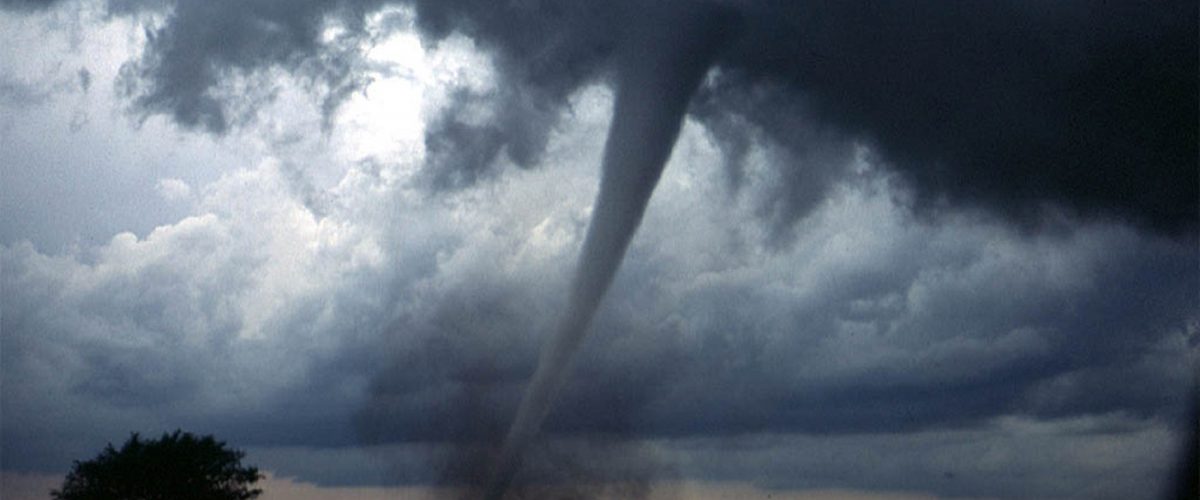Colorado doesn’t fall into the nation’s notorious “twister alley,” but severe thunderstorms occasionally spawn funnel clouds or tornados. Some have even churned in the vicinity the CU Anschutz Medical Campus.
So it’s worth taking note of safety precautions in the event the campus – a veritable small city of about 50,000 people daily – falls within the area of a tornado watch or tornado warning. Both are issued by the National Weather Service. The “watch” is an alert to the possibility of a tornado over the next several hours, while the “warning” means a tornado has been spotted or one is suspected to be in the area.
An easy way to stay apprised of local weather events is to sign up for emergency alerts by the Aurora Office of Emergency Management. Also, sign up for emergency alerts through the CU Anschutz Medical Campus website.
Academic, research and administrative buildings at CU Anschutz don’t have designated tornado shelters, so in the event of a tornado warning, Cory Garcia, emergency preparedness coordinator for University Police, said people should seek the lowest accessible floor in a building. You should move to interior rooms, including inner hallways, restrooms or stairwells, away from windows.
“Getting to the lowest, safe place indoors is the message we push out,” Garcia said.
Stay away from windows
While the impulse might be to watch the skies from windows in the towers on campus, that’s a patently unsafe place during severe weather. People who stand by windows or go higher in buildings to gawk and take pictures are “not only putting your own life at risk, but the responding officers would probably prefer to be sheltering at that point,” Garcia said.
Stu Pike, interim director of emergency management for University Police, said tornados cause pressure to build inside buildings, so structures are prone, in severe climatic events, to explode outward. This makes it all the more imperative to stay away from glass.
Avoid getting in vehicles
Going outside to vehicles is likewise not advisable. Pike recalls a microburst that hit campus about 10 years ago. “It knocked over a tree in a parking lot – killed a Prius.”
Aurora’s safety sirens blare when a tornado warning is issued. The city does not issue all-clear sirens, so the campus community should immediately heed the major siren sound at the start of a warning. The city typically performs a warning siren test early in the season: call 303-739-7636 or email afd_oem@aurora.org for information.
For the hospitals, severe-weather safety precautions are similar, and specific precautions are in place for patient-care areas. Employees should consult emergency preparedness procedures and team members at their location for more information.




